Browse
by Subject: Film and Television Studies
View: By Date | Alphabetical | eBooks | Paperbacks
-
 Forthcoming July 2024
Forthcoming July 2024 Migration, Dislocation and Movement on Screen
Trandafoiu, R. (ed)
Examining the way contemporary screen industries capture and reflect migration, movement and displacement, Migration, Dislocation and Movement on Screen offers case studies on screen media representations that engage with important emergences of transnational and cosmopolitan imaginaries.
Subjects: Film and Television Studies Refugee and Migration Studies History: 20th Century to Present
-
 Published May 2024
Published May 2024 Enchanted by Cinema
Wilhelm Thiele between Vienna, Berlin, and Hollywood
Horak, J.-C. & Seyfert, A.-B. (eds)
Enchanted by Cinema explores the films of the European music film pioneer William Thiele, as well as his career as an exile in Hollywood. Examining a wide range of the director’s filmography, the contributors address a variety of political, aesthetic and cross-cultural issues.
Subjects: Film and Television Studies History: 20th Century to Present Jewish Studies
eBook -
 Published April 2024
Published April 2024 Cinematically Transmitted Disease
Eugenics and Film in Weimar and Nazi Germany
Hales, B.
The roots of German National Socialist policies have strong connections to Weimar era circulation of medical hygiene propaganda films that conveyed strong connections between scientific legitimacy between racial superiority, genetically spread “incurable” diseases, and the degradation of the German national population.
Subjects: Film and Television Studies History: World War II Media Studies
eBook -
 Published February 2024
Published February 2024 Edges of Noir
Extreme Filmmaking in the 1960s
Mirabile, M.
Edges of Noir addresses film studies’ neglect of 1960s experimental noir films that have resisted easy classification against more popularly regarded late noir films and responds to the interpretive dilemmas and anxieties of the time to which the films provided expression.
Subjects: Film and Television Studies Cultural Studies (General) History: 20th Century to Present
eBook -
 Published January 2024
Published January 2024 Stories between Tears and Laughter
Popular Czech Cinema and Film Critics
Vojvoda, R.
Stories between Tears and Laughter strikes new ground in the history of Czech cinema focusing on the historically underrepresented post-socialist era following the 1960s to reveal the discourse of cultural value through which popular Czech films were being evaluated.
Subjects: Film and Television Studies Media Studies History: 20th Century to Present
eBook -
 Published November 2023
Published November 2023 Microhistories of Memory
Remediating the Holocaust by Bullets in Postwar West Germany
Saryusz-Wolska, M.
Microhistories of Memory takes the culturally significant West German novel, radio play, and television series Through the Night (originally Am grünen Strand der Spree, 1955-1960), depicting the mass shootings of Jews in the occupied Soviet Union during World War II, and provides an in-depth look into work’s circulation, reception, production, and popularity in the public sphere.
Subjects: Memory Studies Film and Television Studies Media Studies
eBook -
 Published October 2023
Published October 2023 Cinema and the Environment in Eastern Europe
From Communism to Capitalism
Shpolberg, M. & Brasiskis, L. (eds)
Cinema and the Environment in Eastern Europe traces from the 1970s through the post 1989 period how documentaries and filmmakers began to articulate alternative, aesthetically and ideologically provocative visions of the relationship between human and natural worlds.
Subjects: Film and Television Studies Environmental Studies (General) Cultural Studies (General)
eBook -
 Published August 2023
Published August 2023 Entertaining German Culture
Contemporary Transnational Television and Film
Ehrig, S., Schaper, B. & Ward, E. (eds)
In an increasingly transnational production of film and television, Entertaining German Culture explores and contextually thematizes a radical shift in the past fifteen years towards a profound appreciation of German cultural and intellectual history in the international mainstream.
Subjects: Film and Television Studies Media Studies History (General)
-
 Published May 2023
Published May 2023 Coproducing Europe
An Ethnography of Film Markets, Creativity and Identity
Sideri, E.
By focusing on regional film markets in Thessasloniki, Sarajevo, and Tbilisi, Coproduction Europe uses comparative ethnography to look beyond the economic nature of film coproductions to explore their role in Europeanisation, memories of the Cold War, and preconstructed political agendas.
Subjects: Film and Television Studies Cultural Studies (General) History: 20th Century to Present
eBook -
 Published November 2022
Published November 2022 Pepsi and the Pill
Motherhood, Politics and Film in Britain and France, 1958–1969
Oliver-Powell, M.
With the reintroduction of many important debates surrounding reproductive rights, migration and nationalism, Pepsi and the Pill brings to the fore examples and critical historical and media analysis of British and French films in the popular culture and political discourses of 1960s Western Europe.
Subjects: Film and Television Studies Cultural Studies (General) Gender Studies and Sexuality
eBook -
 Published August 2022
Published August 2022 Puzzling Stories
The Aesthetic Appeal of Cognitive Challenge in Film, Television and Literature
Willemsen, S. & Kiss, M. (eds)
Many films and novels defy our ability to make sense of the plot. Puzzling Stories offers the first comprehensive, multidisciplinary, and trans-medial approach to the question of cognitive challenge in narrative art, bringing together psychological, philosophical, formal-historical, and empirical perspectives from leading scholars across these fields.
Subjects: Film and Television Studies Cultural Studies (General) Sociology
eBook
Paperback available -
 Published May 2022
Published May 2022 Soho on Screen
Cinematic Spaces of Bohemia and Cosmopolitanism, 1948-1963
Young, J.
Soho on Screenprovides the first history of London’s commercial and cultural center, Soho, in British cinema. It highlights forgotten British films, filmmakers, and stars in detail and introduces thoroughly researched studies that highlight not only the cultural importance of Soho as a locus for cinema but also the impact of gentrification on the cultural and social development of Soho today.
Subjects: Film and Television Studies Media Studies
eBook
Paperback available -
 Published May 2022
Published May 2022 Hotbeds of Licentiousness
The British Glamour Film and the Permissive Society
Halligan, B.
By focusing on a series of colorful filmmakers whose work, while omnipresent during the 1970s, now remains critically ignored, Hotbeds of Licentiousness explores pornography as a lens through which to view radical changes in British society.
Subjects: Film and Television Studies History: 20th Century to Present Cultural Studies (General)
eBook
Paperback available -
 Published February 2022
Published February 2022 Moving Frames
Photographs in German Cinema
Collenberg-González, C. & Sheehan, M. P. (eds)
Through an intermedial approach combining studies on cinema and photography, Moving Frames addresses precise historical moments uniquely in a German context. Across films both in and outside the canon, this volume tackles those specific historical moments experienced in media forms to gauge the cultural, political, and transnational trends in humanity’s desire for agency and how that agency is represented.
Subjects: Film and Television Studies Cultural Studies (General) History: 20th Century to Present
eBook -
 Published October 2021
Published October 2021 Carnivalizing Reconciliation
Contemporary Australian and Canadian Literature and Film beyond the Victim Paradigm
Teichler, H.
This book analyzes, within the realms of national literature and film, recent Australian and Canadian attempts to reconcile with Indigenous populations in the wake of forced child removal. As Hanna Teichler demonstrates, their systematic emphasis on the subjectivity of the victim is carnivalesque, temporarily overturning discursive hierarchies.
Subjects: Memory Studies Literary Studies Film and Television Studies
eBook
Paperback available -
 Published October 2021
Published October 2021 One More for the Road
A Director’s Notes on Exile, Family, and Film
Grlić, R.
One More for the Road recounts the life and career of Croatian filmmaker Rajko Grlić in the form of a film dictionary, tying cinematic terms to anecdotes spanning Grlić’s life. With a scholarly introduction by Aida Vidan, these personal stories combine to provide insight into the socialist film industries and south Slavic film.
Subjects: Film and Television Studies Cultural Studies (General)
eBook
Paperback available -
 Published September 2021
Published September 2021 The Cinematic Language of Theo Angelopoulos
Karalis, V.
The Cinematic Language of Theo Angelopoulos offers a detailed study and critical discussion of the acclaimed filmmaker’s cinematic aesthetics as they developed over his career, exploring different styles through which Greek and European history, identity, and loss have been visually articulated throughout his oeuvre.
Subjects: Film and Television Studies Cultural Studies (General)
eBook -
 Published July 2021
Published July 2021 Peter Lilienthal
A Cinema of Exile and Resistance
Sandberg, C.
Peter Lilienthal is the first comprehensive study of Lilienthal’s life and career, highlighting the distinctively cross-cultural and transnational dimensions of his oeuvre, and exploring his role as an early exemplar of a more vibrant and inclusive European film culture.
Subject: Film and Television Studies
eBook -
 Published June 2021
Published June 2021 Emotions, Ethics, and Cinematic Experience
New Phenomenological and Cognitivist Perspectives
Sinnerbrink, R. (ed)
Since the early 1990s, phenomenology and cognitivism have become two of the most influential approaches to film theory. Emotions, Ethics, and Cinematic Experience explores how these two approaches might work together to create a philosophy of film that is both descriptively rich and theoretically productive.
Subjects: Film and Television Studies Media Studies Sociology
eBook
Paperback available -
 Published April 2021
Published April 2021 East German Film and the Holocaust
Ward, E.
By combining close analyses of five films made between 1947 and 1988 with extensive archival research, this book unravels the complex status of films dealing with Jewish persecution produced in a country that consistently privileged narratives of political persecution above racial victimhood.
Subjects: Film and Television Studies Genocide History History: 20th Century to Present
eBook
Paperback available -
 Published January 2021
Published January 2021 Cinemas of Boyhood
Masculinity, Sexuality, Nationality
Shary, T. (eds)
Drawing from political sociology, pop psychology, and film studies, Cinemas of Boyhood features an eclectic range of films from British and Indian cinemas to silent Hollywood and the new Hollywood of the 1980s, culminating in a comprehensive overview of the diverse concerns surrounding representations of boyhood in film.
Subjects: Film and Television Studies Gender Studies and Sexuality
eBook
Paperback available -
 Published November 2020
Published November 2020 Rethinking Jewishness in Weimar Cinema
Hales, B. & Weinstein, V. (eds)
The film industry in the Weimar Republic was a major site for German-Jewish experience that provided a sphere for Jewish "outsiders" to shape mainstream culture. The essays in Rethinking Jewishness in Weimar Cinema offer new historical, theoretical, and methodological approaches to the significant involvement of Jewish people in Weimar cinema.
Subjects: Film and Television Studies Jewish Studies History: 20th Century to Present
eBook
Paperback available -
 Published November 2020
Published November 2020 Sensitive Subjects
The Political Aesthetics of Contemporary German and Austrian Cinema
Mukhida, L.
Sensitive Subjects examines how contemporary German-language cinema may be read as seeking to produce greater political sensitivity in audiences through its form—that is, by employing medium-specific devices such as lighting, sound, editing and mise-en-scène in ways that prompt a more critical stance towards the societies it depicts.
Subjects: Film and Television Studies Media Studies
eBook -
 Published July 2020
Published July 2020 Modern Lusts
Ernest Borneman: Jazz Critic, Filmmaker, Sexologist
Siegfried, D.
Detlef Siegfried’s long-awaited English translation chronicles Ernest Borneman’s journey from his days as a young Jewish Communist in Berlin to his ventures in England and Canada, and ultimately, to his endeavors as the most prominent sexologist spearheading the sexual revolution in West Germany and Austria in the twentieth century.
Subjects: History: 20th Century to Present Cultural Studies (General) Film and Television Studies Media Studies
eBook -
 Published June 2020
Published June 2020 Don't Need No Thought Control
Western Culture in East Germany and the Fall of the Berlin Wall
Horten, G.
Don't Need No Thought Control explores the dynamic interplay between popular demands, intensifying economic crises, and cultural policy decisions during the Erich Honecker era in a comprehensive and comparative analysis.
Subjects: History: 20th Century to Present Media Studies Cultural Studies (General) Film and Television Studies
eBook
Paperback available -
 Published April 2020
Published April 2020 A Dramatic Reinvention
German Television and Moral Renewal after National Socialism, 1956–1970
Anderson, S.
A Dramatic Revinvention sheds new light on how Germans rebuilt their moral and intellectual world after the Nazi catastrophe. The book argues that television emerged as one of the most important mediums for presenting, discussing, and working through the question of how to re-moralize Germany.
Subjects: History: 20th Century to Present Film and Television Studies Media Studies
eBook -
 Published April 2020
Published April 2020 In Fading Light
The Films of the Amber Collective
Leggott, J.
The Amber Film collective has been part of the British and European documentary scene since the late 1960s. Situating the work within wider social, political and historical contexts, In Fading Light interrogates how their critically acclaimed body of work—which includes documentaries, feature films, television films, and other experimental and campaigning projects—relates to other filmmakers in Britain and Europe.
Subjects: Film and Television Studies Media Studies Cultural Studies (General)
eBook -
 Published February 2020
Published February 2020 Velvet Retro
Postsocialist Nostalgia and the Politics of Heroism in Czech Popular Culture
Pehe, V.
This innovative study develops the concept of “retro” to describe the nuanced and ironic depiction of the past as seen in Czech popular culture. It locates a distinctively retro aesthetic in Czech literature, film, and other cultural forms, enriching our understanding of not only the nation’s memory culture, but also the ways in which popular culture can structure collective memory.
Subjects: Cultural Studies (General) History: 20th Century to Present Film and Television Studies Memory Studies
eBook
Paperback available -
 Published November 2019
Published November 2019 Fame Amid the Ruins
Italian Film Stardom in the Age of Neorealism
Gundle, S.
Italian cinema gave rise to some of the best-known films of the postwar years, and its stars were beloved by both the public and producers. This book explores the many conflicts over stars and stardom that arose during Italian cinema’s postwar rebirth, shedding new light on the close relationship forged between cinema and society.
Subjects: Film and Television Studies History: 20th Century to Present
eBook
Paperback available -
 Published October 2019
Published October 2019 Cinema of Collaboration
DEFA Coproductions and International Exchange in Cold War Europe
Ivanova, M.
Almost from their very inception, European cinemas frequently undertook collaborative ventures in an attempt to cultivate a transnational “Film-Europe.” And despite the significant obstacles that the East/West divide presented to achieving that ideal, in the postwar era it was DEFA, the state cinema of the newly created East Germany, that emerged as one of the primary sites where these practices persisted.
Subjects: Film and Television Studies History: 20th Century to Present
eBook
Paperback available -
 Published April 2019
Published April 2019 Concentrationary Art
Jean Cayrol, the Lazarean and the Everyday in Post-war Film, Literature, Music and the Visual Arts
Pollock, G. & Silverman, M. (eds)
The seminal work of Jean Cayrol has experienced a revival in the French-speaking world since his death in 2005. Concentrationary Art represents the first translation into English of Cayrol’s two essays on concentrationary art, as well as the first book-length study of his theory.
Subjects: Literary Studies Film and Television Studies History: 20th Century to Present Memory Studies
eBook -
 Published March 2019
Published March 2019 Persistently Postwar
Media and the Politics of Memory in Japan
Guarné, B., Lozano-Méndez, A., & Martinez, D. P. (eds)
Persistently Postwar approaches the topics of social memory and political discourse through an exploration of Japan’s post-war mass media. Diverse disciplinary backgrounds and contrasting perspectives offer a nuanced dialogue in which the functions of mass media are explored as more than a simple ideological tool.
Subjects: Media Studies Film and Television Studies Cultural Studies (General) Memory Studies
eBook -
 Published February 2019
Published February 2019 Screening Art
Modernist Aesthetics and the Socialist Imaginary in East German Cinema
Allan, S.
Screening Art represents the first full-length study of films about art and artists produced by the state-owned Eastern German film studio DEFA. It investigates the essential role that these “art films” played in the development of new paradigms of socialist art in post-war Europe.
Subjects: Film and Television Studies History: 20th Century to Present Cultural Studies (General)
eBook
Paperback available -
 Published November 2018
Published November 2018 Sofia Coppola
The Politics of Visual Pleasure
Backman Rogers, A.
Sofia Coppola: The Politics of Visual Pleasure interprets Coppola’s oeuvre to date from a resolutely feminist and philosophical perspective. Using the work of a range of feminist theorists, Backman Rogers situates Coppola’s work as a critique of postfeminist lifestyles that offer the viewer a feminist and feminine philosophy through beguilement, mood and surface.
Subjects: Film and Television Studies Gender Studies and Sexuality Cultural Studies (General)
eBook
Paperback available -
 Published October 2018
Published October 2018 Polish Cinema
A History
Haltof, M.
This thoroughly revised and updated edition of Marek Haltof’s seminal survey takes stock of dramatic shifts in Polish society and to provide an essential account of the nation’s cinema from the nineteenth century to today. It covers such renowned figures as Kieślowski and Wajda along with vastly expanded coverage of documentaries, animation, and television.
Subjects: Film and Television Studies Cultural Studies (General) History: 20th Century to Present
eBook
Paperback available -
 Published September 2018
Published September 2018 Screened Encounters
The Leipzig Documentary Film Festival, 1955-1990
Moine, C.
Established in 1955, the Leipzig Film Festival’s location in the GDR deeply implicated it in the cultural and political competition between East and West Germany. Screened Encounters offers a comprehensive study of the festival’s history, as well as its influence on international relations during the Cold War.
Subjects: Film and Television Studies History: 20th Century to Present
eBook -
 Published June 2018
Published June 2018 Lessons in Perception
The Avant-Garde Filmmaker as Practical Psychologist
Taberham, P.
Narrative comprehension, memory, hallucination, and dreaming have long been objects of fascination for cognitive psychologists, as well as inspiration for experimental filmmakers. Lessons in Perception brings together film theory and psychological research by exploring how experimental filmmakers expand the viewer’s range of aesthetic sensitivities, and the creative possibilities uncharted by commercial cinema.
Subjects: Film and Television Studies Media Studies Sociology
Paperback available -
 Published September 2017
Published September 2017 Spanish Lessons
Cinema and Television in Contemporary Spain
Smith, P. J.
Spanish film and television represent a remarkably influential and vibrant cultural industry, as well as a fertile site of innovation in the production of “transmedia” works that bridge narrative forms. Spanish Lessons provides an engaging exploration of the nation’s visual culture in an era of collapsing genre boundaries, accelerating technological change, and political-economic tumult.
Subjects: Film and Television Studies Media Studies
eBook
Paperback available -
 Published July 2017
Published July 2017 The Bressonians
French Cinema and the Culture of Authorship
Morari, C.
With his meticulous approach to craft, formal innovations, and intensely personal style, Robert Bresson was in many ways the prototypical auteur. This strikingly original study of Bresson and his cinematic afterlives his influence in the work of French filmmakers such as Pialat, Eustache, and Rohmer—directors united by the “problem” of authorial style they inherited from Bresson.
Subject: Film and Television Studies
eBook
Paperback available -
 Published July 2017
Published July 2017 Mad Mädchen
Feminism and Generational Conflict in Recent German Literature and Film
McCarthy, M.
The last two decades have been frequently discordant for German feminism, as a new cohort of activists has come of age and challenged many of the movement’s strategic and philosophical orthodoxies. This book offers an incisive cultural analysis of these trans-generational debates, identifying characteristic features of their representation in German literature, film, and media.
Subjects: Gender Studies and Sexuality Media Studies Film and Television Studies Literary Studies
eBook
Paperback available -
 Published June 2017
Published June 2017 Stories Make the World
Reflections on Storytelling and the Art of the Documentary
Most, S.
Today, at a time when we are seeking to orient ourselves within a flood of raw information and conflicting narratives, an understanding of storytelling is of vital importance for making sense of the world. In this book, award-winning screenwriter Stephen Most offers a captivating, refreshingly heartfelt exploration of how documentary film and other forms of storytelling remain so essential today.
Subjects: Film and Television Studies Literary Studies
eBook
Paperback available -
 Published June 2017
Published June 2017 Poland Daily
Economy, Work, Consumption and Social Class in Polish Cinema
Mazierska, E.
Polish cinema has inescapably been shaped by the nation’s succession of different economic and ideological regimes over the last century. This volume is the first to analyze the entirety of the nation’s film history—from independence in 1918 to today—through the lenses of political economy and social class.
Subjects: Film and Television Studies History: 20th Century to Present
eBook
Paperback available -
 Published June 2017
Published June 2017 Organic Cinema
Film, Architecture, and the Work of Béla Tarr
Botz-Bornstein, T.
What might the “organic” mean in the context of film studies? This innovative volume locates one instance of organicity in the work of Béla Tarr, the renowned Hungarian filmmaker “slow cinema” pioneer. It analyzes Tarr’s long take and other signature techniques, establishes links between the seemingly remote spheres of film and architecture.
Subjects: Film and Television Studies Cultural Studies (General)
eBook
Paperback available -
 Published December 2016
Published December 2016 Stars and Stardom in Brazilian Cinema
Bergfelder, T., Shaw, L. & Vieira, J. L. (eds)
The richness of Brazilian stardom extends well beyond the ubiquitous Carmen Miranda, and among the studies assembled in this volume are fascinating explorations of figures alongside interrogations of the inner workings of the star system in Brazil, from the pioneering efforts of silent-era actresses to the recent advent of the non-professional movie star.
Subjects: Film and Television Studies Media Studies
eBook
Paperback available -
 Published October 2016
Published October 2016 The Man from the Third Row
Hasse Ekman, Swedish Cinema and the Long Shadow of Ingmar Bergman
Gustafsson, F.
Once one of the leading lights of Swedish cinema, director Hasse Ekman is today virtually unknown outside of Sweden, eclipsed by the iconic Ingmar Bergman. This first-ever English-language book on the subject provides an engaging, comprehensive survey of Ekman’s career, combining explorations of historical context with insightful analyses of styles and themes.
Subject: Film and Television Studies
eBook
Paperback available -
 Published September 2016
Published September 2016 Re-Imagining DEFA
East German Cinema in its National and Transnational Contexts
Allan, S. & Heiduschke, S. (eds)
Since the fall of the Berlin Wall, interest in East German cinema has exploded, inspiring innumerable festivals, books, and exhibits. In this stimulating collection, leading international experts assess this vibrant landscape and plot an ambitious course for future research that considers other cinematic traditions, genre works, and DEFA’s post-unification “afterlife.”
Subjects: Film and Television Studies History: 20th Century to Present
eBook
Paperback available -
 Published August 2016
Published August 2016 German Television
Historical and Theoretical Perspectives
Powell, L. & Shandley, Robert R. (eds)
Long overlooked by scholars and critics, the history and aesthetics of German television have only recently begun to attract serious, sustained attention, and then largely within Germany. This ambitious volume collects penetrating essays on the distinctive theories, practices, and social-historical contexts that defined television in Germany.
Subjects: Film and Television Studies Media Studies
eBook
Paperback available -
 Published July 2016
Published July 2016 New Uses of Bourdieu in Film and Media Studies
Austin, G. (ed)
French sociologist Pierre Bourdieu’s work has been extremely influential, but has only intermittently been used to study cinema and new media. With topics ranging from photography to mobile technology, this collection demonstrates the enormous relevance that Bourdieu holds for the field of media studies.
Subjects: Film and Television Studies Media Studies Sociology
eBook
Paperback available -
 Published February 2016
Published February 2016 Transactions with the World
Ecocriticism and the Environmental Sensibility of New Hollywood
O'Brien, A.
One of the less explored dimensions of the “New Hollywood” canon of the 1960s and 1970s has been its profound environmental sensibility. This engaging study examines how a number of factors made the era such a vividly “grounded” cinematic moment.
Subjects: Film and Television Studies Environmental Studies (General)
Paperback available -
 Published February 2016
Published February 2016 Desires for Reality
Radicalism and Revolution in Western European Film
Halligan, B.
This is a fresh and groundbreaking account of the innovations and provocations of the “cinema of 1968,” and its social and aesthetic contexts. Benjamin Halligan offers a genuinely fresh analysis of films reflecting the cultural upheaval of youth in revolt—cinema that did not merely entertain, but was made the barricades.
Subjects: Film and Television Studies History: 20th Century to Present
eBook
Paperback available -
 Published August 2015
Published August 2015 Boro, L'Île d'Amour
The Films of Walerian Borowczyk
Kuc, K., Mikurda, K., & Oleszczyk, O. (eds)
There has been a revival of interest in the work of Polish film director Walerian Borowczyk, a label-defying auteur and “escape artist” if there ever was one. This volume, markedly experimental in character, allows scholars to gain insight into previously unnoticed aspects of Borowczyk’s complex and ambiguous oeuvre.
Subject: Film and Television Studies
eBook
Paperback available -
 Published February 2015
Published February 2015 Bodies in Pain
Emotion and the Cinema of Darren Aronofsky
Laine, T.
The films of Darren Aronofsky invite emotional engagement by means of affective resonance between the film and the spectator’s lived body. Bodies in Pain analyses how Aronofsky’s films engage the spectator in an affective form of viewing that involves all the senses, ultimately engendering a process of (self) reflection through their emotional dynamics.
Subject: Film and Television Studies
eBook
Paperback available -
 Published January 2015
Published January 2015 From Self-fulfilment to Survival of the Fittest
Work in European Cinema from the 1960s to the Present
Mazierska, E.
Contrary to the assumption that Western and Eastern European economies and cinemas were very different from each other, they actually had much in common. After the Second World War both the East and the West adopted a mixed system, containing elements of both socialism and capitalism, and from the 1980s on the whole of Europe, albeit at an uneven speed, followed the neoliberal agenda. This book examines how the economic systems of the East and West impacted labor by focusing on the representation of work in European cinema.
Subject: Film and Television Studies
Paperback available -
 Published July 2014
Published July 2014 Nationalism and the Cinema in France
Political Mythologies and Film Events, 1945-1995
Frey, H.
What are the nuances, insider codes, and hidden history of the alignment between cinema and nationalism? Hugo Frey suggests that the concepts of the ‘political myth’ and ‘the film event’ are the essential theoretical reference points for unlocking film history. Nationalism and the Cinema in France offers new arguments regarding those connections in the French case.
Subjects: Film and Television Studies History: 20th Century to Present
eBook
Paperback available -
 Published March 2014
Published March 2014 The Demons of Modernity
Ingmar Bergman and European Cinema
Orr, J.
"On the evidence of this brilliantly allusive study of Ingmar Bergman, John Orr, had it not been for his premature passing, would have become one of the world's most influential of film analysts. Even beneath the shadow of the plethora of books on Bergman, Orr's approach is distinctive… He emphasizes the maestro's courageous leap into Modernism in the early 1960's, and the profound influence he exerted on his contemporaries. It is a pleasure to read Orr's elegant prose, which eschews the obtuse terminology of semiotics in favor of a lucid, almost passionate approach to the material. Bergman, one feels, would have enjoyed this book." · Peter Cowie, author of Ingmar Bergman, A Critical Biography.
Subject: Film and Television Studies
eBook
Paperback available -
 Published December 2013
Published December 2013 The Men with the Movie Camera
The Poetics of Visual Style in Soviet Avant-Garde Cinema of the 1920s
Cavendish, P.
Subject: Film and Television Studies
eBook
Paperback available -
 Published December 2013
Published December 2013 Mussolini's Dream Factory
Film Stardom in Fascist Italy
Gundle, S.
Subjects: Film and Television Studies Performance Studies
eBook
Paperback available -
 Published November 2013
Published November 2013 Screening Nature
Cinema beyond the Human
Pick, A. & Narraway, G. (eds)
Subjects: Film and Television Studies Cultural Studies (General)
Paperback available -
 Published October 2013
Published October 2013 Transcultural Montage
Suhr, C. & Willerslev, R. (eds)
“This is an ambitious and ground-breaking volume which takes a thoroughly interdisciplinary perspective on what the editors have branded as ‘transcultural montage.’ ...The total effect is a mesmerising and in many ways insightful comparative endeavour that will do much to consolidate montage as a theme that goes to the heart of contemporary social theory.” · Martin Holbraad, University College London
Subjects: Anthropology (General) Cultural Studies (General) Film and Television Studies Museum Studies
Pb -
 Published August 2013
Published August 2013 The Journey of G. Mastorna
The Film Fellini Didn't Make
Fellini, F.
Subject: Film and Television Studies
eBook
Paperback available -
 Published June 2013
Published June 2013 Framing Africa
Portrayals of a Continent in Contemporary Mainstream Cinema
Eltringham, N. (ed)
Subjects: Film and Television Studies Anthropology (General) History (General)
eBook -
 Published May 2013
Published May 2013 Postwall German Cinema
History, Film History and Cinephilia
Frey, M.
Subjects: Film and Television Studies History: 20th Century to Present
eBook
Paperback available -
 Published May 2013
Published May 2013 Supercinema
Film-Philosophy for the Digital Age
Brown, W.
Subject: Film and Television Studies
eBook
Paperback available -
 Published March 2013
Published March 2013 French Film in Britain
Sex, Art and Cinephilia
Mazdon, L. & Wheatley, C.
Subject: Film and Television Studies
eBook
Paperback available -
 Published February 2013
Published February 2013 Palimpsestic Memory
The Holocaust and Colonialism in French and Francophone Fiction and Film
SIlverman, M
Subjects: Film and Television Studies Genocide History Colonial History
eBook
Paperback available -
 Published October 2012
Published October 2012 Turkish German Cinema in the New Millennium
Sites, Sounds, and Screens
Hake, S. & Mennel, B. (eds)
Subject: Film and Television Studies
eBook
Paperback available -
 Published September 2012
Published September 2012 Existentialism and Contemporary Cinema
A Beauvoirian Perspective
Boulé, J.-P. & Tidd, U. (eds)
Subjects: Film and Television Studies Gender Studies and Sexuality
eBook
Paperback available -
 Published July 2012
Published July 2012 Cinema of Choice
Optional Thinking and Narrative Movies
Ben Shaul, N.
Subject: Film and Television Studies
eBook
Paperback available -
 Published February 2012
Published February 2012 Peter Lorre: Face Maker
Constructing Stardom and Performance in Hollywood and Europe
Thomas, S.
Subjects: Film and Television Studies History: 20th Century to Present
eBook
Paperback available -
 Published January 2012
Published January 2012 Concentrationary Cinema
Aesthetics as Political Resistance in Alain Resnais's Night and Fog
Pollock, G. & Silverman, M. (eds)
Subjects: Film and Television Studies Genocide History Cultural Studies (General)
eBook
Paperback available -
 Published January 2012
Published January 2012 Polish Film and the Holocaust
Politics and Memory
Haltof, M.
Subjects: Film and Television Studies Genocide History
eBook
Paperback available -
 Published October 2011
Published October 2011 Existentialism and Contemporary Cinema
A Sartrean Perspective
Boulé, J.-P. & MacCaffrey, E. (eds)
Subject: Film and Television Studies
eBook
Paperback available -
 Published May 2011
Published May 2011 Screening the East
Heimat, Memory and Nostalgia in German Film since 1989
Hodgin, N.
Subjects: Film and Television Studies History: 20th Century to Present
eBook
Paperback available -
 Published April 2011
Published April 2011 New Austrian Film
Dassanowsky, R. von & Speck, O. C. (eds)
Subject: Film and Television Studies
eBook
Paperback available -
 Published February 2011
Published February 2011 Avant-garde to New Wave
Czechoslovak Cinema, Surrealism and the Sixties
Owen, J.
Subject: Film and Television Studies
eBook
Paperback available -
 Published March 2010
Published March 2010 Jerzy Skolimowski
The Cinema of a Nonconformist
Mazierska, E
Subject: Film and Television Studies
eBook
Paperback available -
 Published January 2010
Published January 2010 Kristeva in Focus
From Theory to Film Analysis
Goodnow, K.
Subjects: Film and Television Studies Cultural Studies (General) Gender Studies and Sexuality
eBook
Paperback available -
 Published September 2009
Published September 2009 Dismantling the Dream Factory
Gender, German Cinema, and the Postwar Quest for a New Film Language
Baer, H.
Subjects: Film and Television Studies Gender Studies and Sexuality
eBook
Paperback available -
 Published May 2009
Published May 2009 Willing Seduction
The Blue Angel, Marlene Dietrich, and Mass Culture
Kosta, B.
Subject: Film and Television Studies
eBook
Paperback available -
 Published January 2009
Published January 2009 Screening Nostalgia
Populuxe Props and Technicolor Aesthetics in Contemporary American Film
Sprengler, C.
Subject: Film and Television Studies
eBook
Paperback available -
 Published January 2009
Published January 2009 Michael Haneke's Cinema
The Ethic of the Image
Wheatley, C.
Subject: Film and Television Studies
eBook
Paperback available -
 Published October 2008
Published October 2008 Narrating the Nation
Representations in History, Media and the Arts
Berger, S., Eriksonas, L. & Mycock, A. (eds)
Subjects: History (General) Media Studies Literary Studies Film and Television Studies
eBook
Paperback available -
 Published August 2008
Published August 2008 Destination London
German-Speaking Emigrés and British Cinema, 1925-1950
Bergfelder, T. & Cargnelli, C. (eds)
Subjects: Film and Television Studies Refugee and Migration Studies History: 20th Century to Present
eBook
Paperback available -
 Published April 2008
Published April 2008 A Foreign Affair
Billy Wilder's American Films
Gemünden, G.
Subject: Film and Television Studies
Paperback available -
 Published February 2008
Published February 2008 Stardom in Postwar France
Gaffney, J. & Holmes, D. (eds)
Subjects: History: 20th Century to Present Film and Television Studies Cultural Studies (General)
eBook
Paperback available -
 Published January 2008
Published January 2008 The New Face of Political Cinema
Commitment in French Film since 1995
O'Shaughnessy, M.
Subject: Film and Television Studies
eBook
Paperback available -
 Published July 2007
Published July 2007 Framing the Fifties
Cinema in a Divided Germany
Davidson, J. & Hake, S. (eds)
Subjects: Film and Television Studies History: 20th Century to Present
eBook -
 Published December 2006
Published December 2006 Andrzej Wajda
History, Politics & Nostalgia In Polish Cinema
Falkowska, J.
Subject: Film and Television Studies
eBook
Paperback available

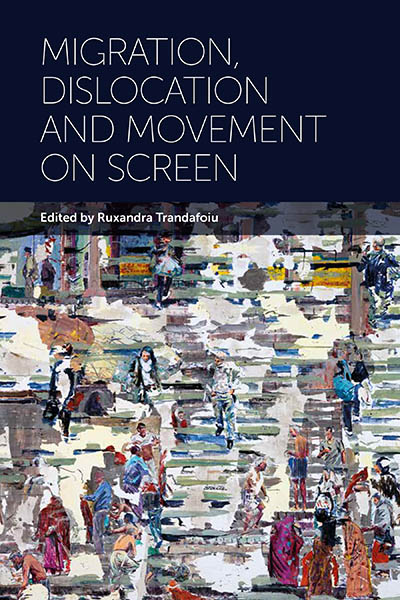 Forthcoming July 2024
Forthcoming July 2024 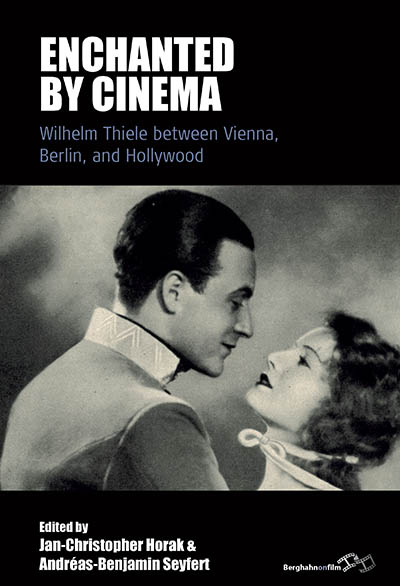 Published May 2024
Published May 2024 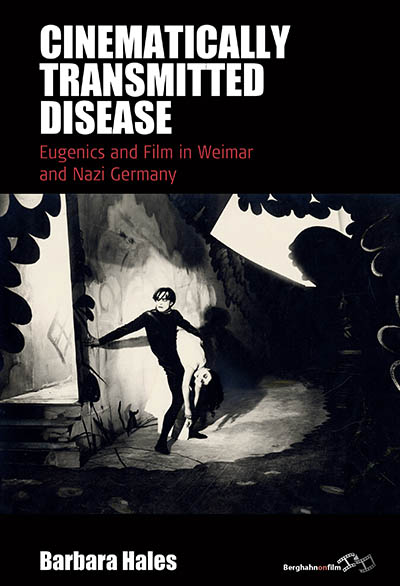 Published April 2024
Published April 2024 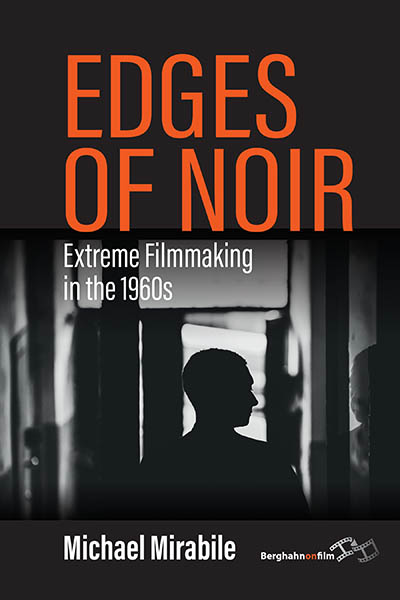 Published February 2024
Published February 2024 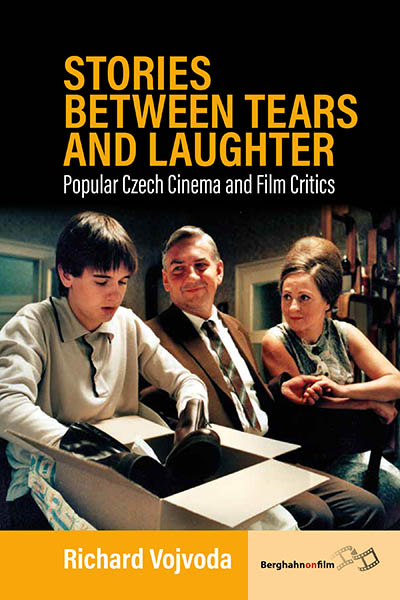 Published January 2024
Published January 2024 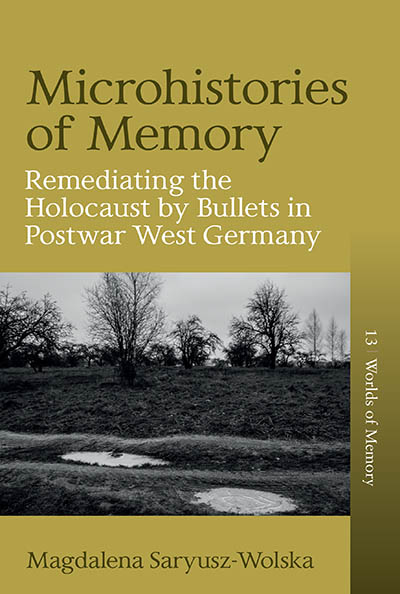 Published November 2023
Published November 2023 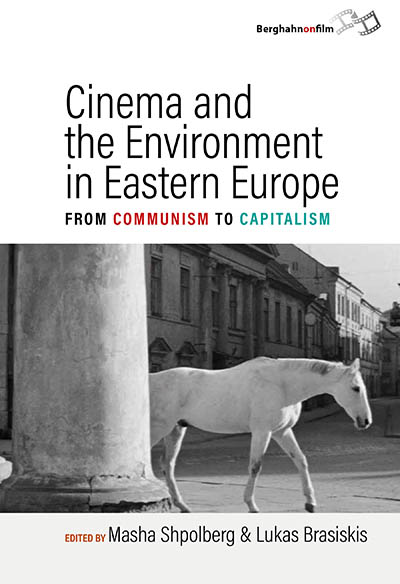 Published October 2023
Published October 2023 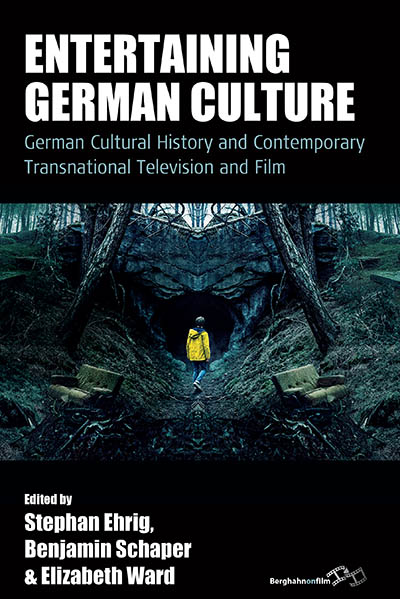 Published August 2023
Published August 2023 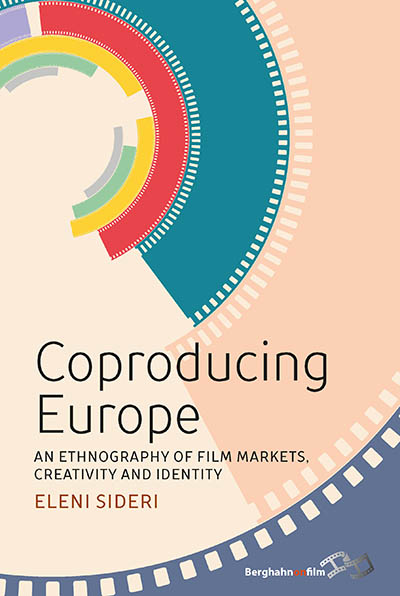 Published May 2023
Published May 2023 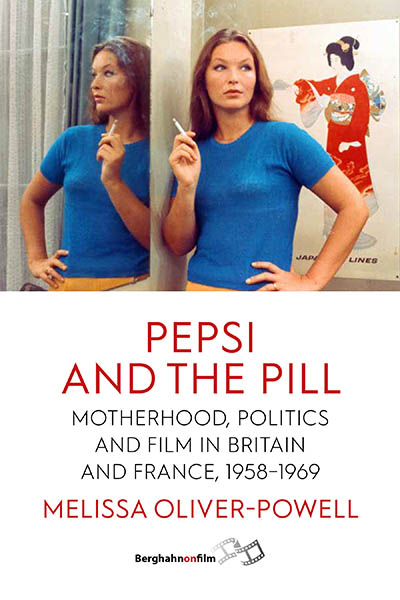 Published November 2022
Published November 2022 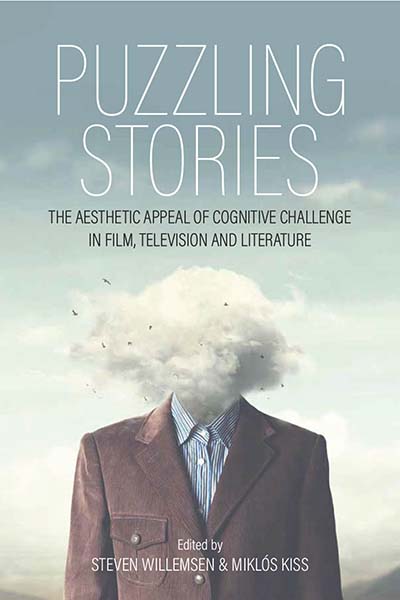 Published August 2022
Published August 2022 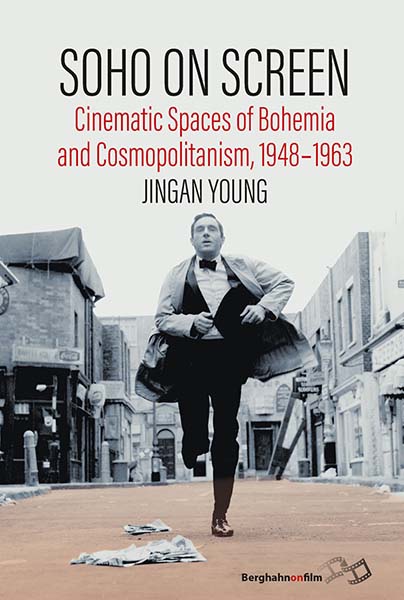 Published May 2022
Published May 2022 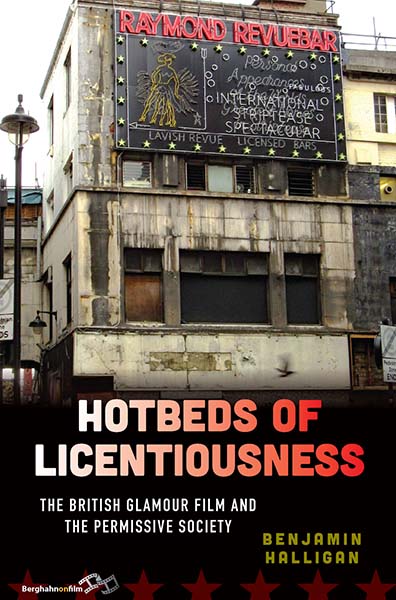 Published May 2022
Published May 2022 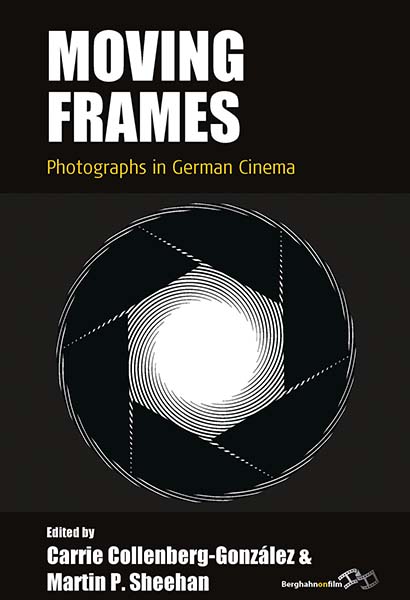 Published February 2022
Published February 2022 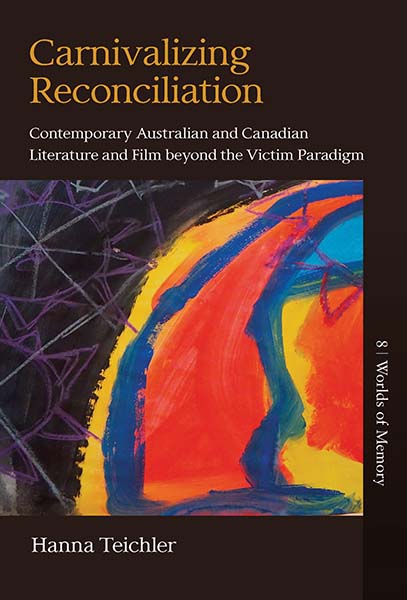 Published October 2021
Published October 2021 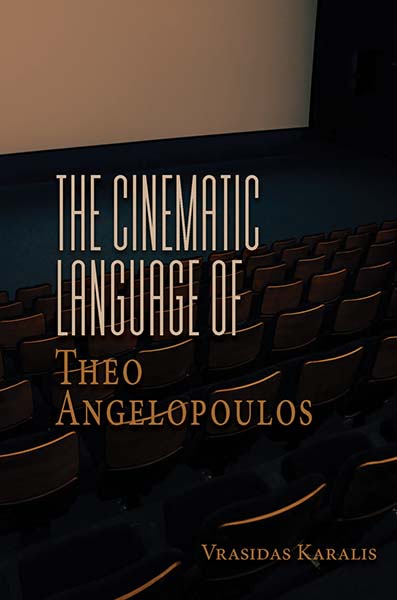 Published September 2021
Published September 2021 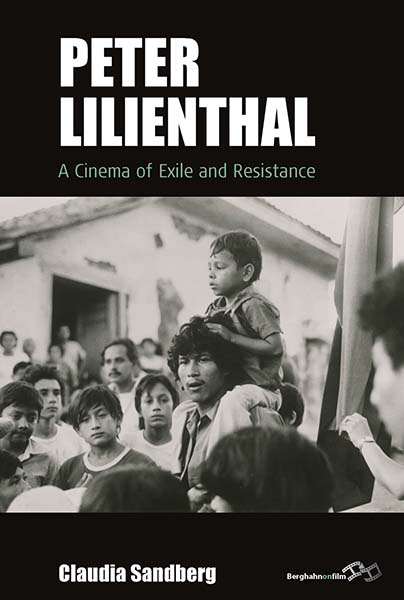 Published July 2021
Published July 2021 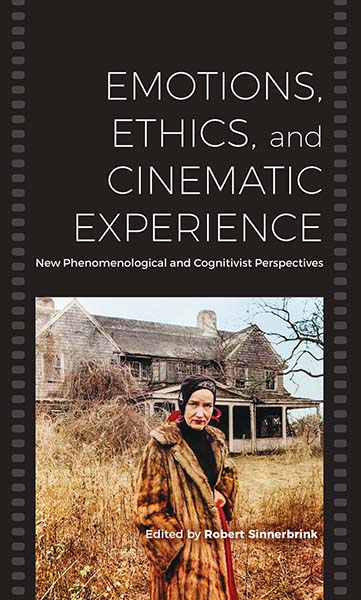 Published June 2021
Published June 2021 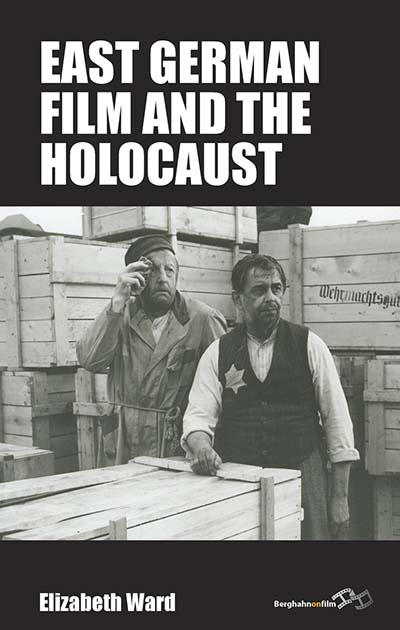 Published April 2021
Published April 2021 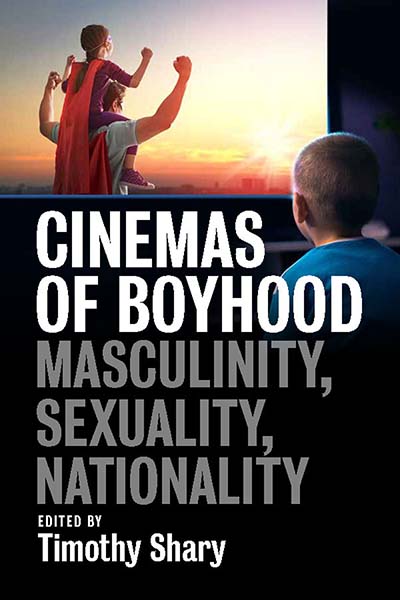 Published January 2021
Published January 2021 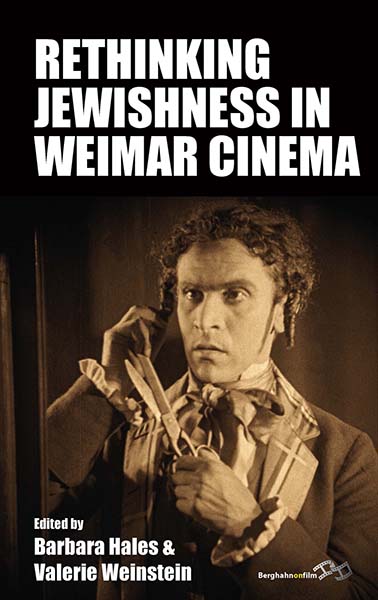 Published November 2020
Published November 2020 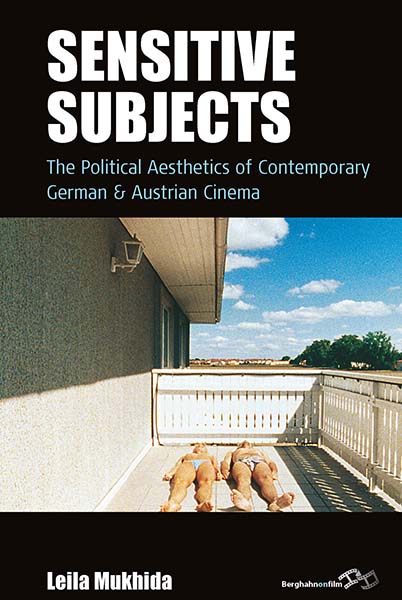 Published November 2020
Published November 2020 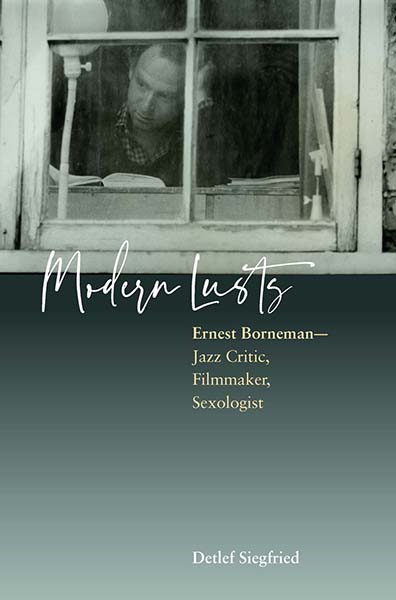 Published July 2020
Published July 2020  Published June 2020
Published June 2020 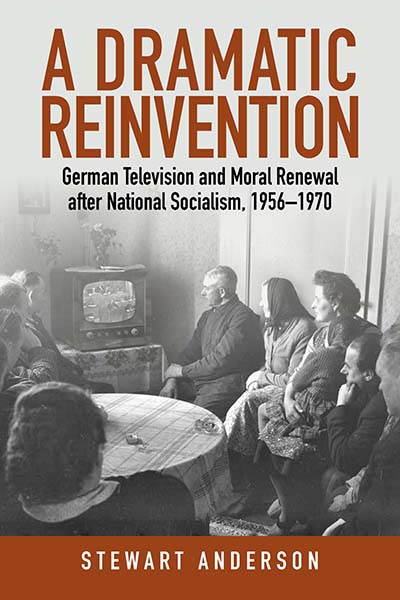 Published April 2020
Published April 2020 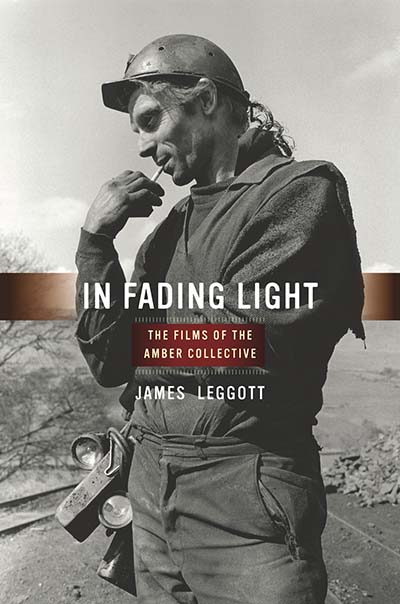 Published April 2020
Published April 2020 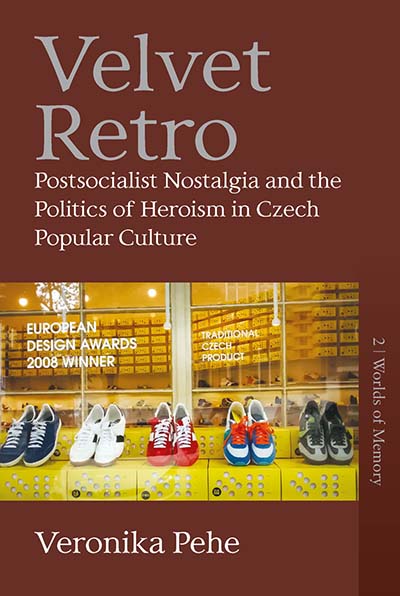 Published February 2020
Published February 2020 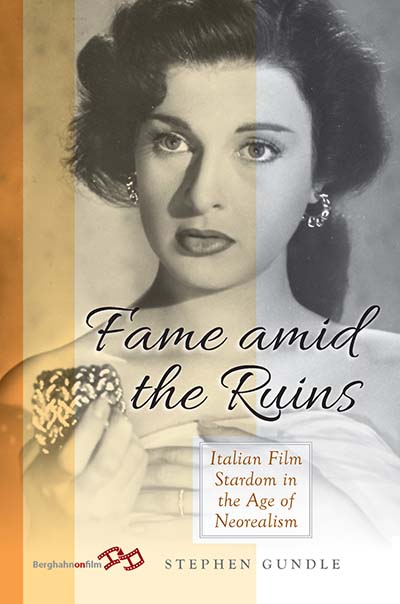 Published November 2019
Published November 2019 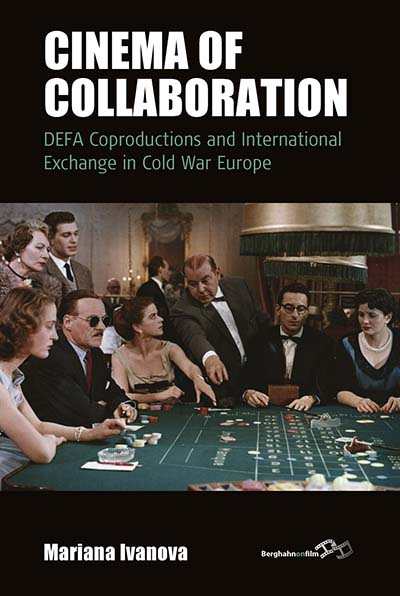 Published October 2019
Published October 2019 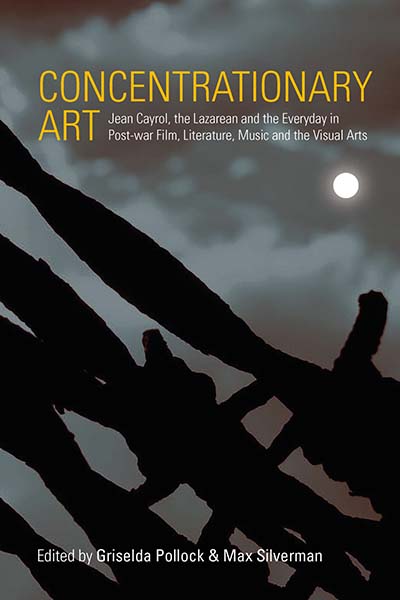 Published April 2019
Published April 2019 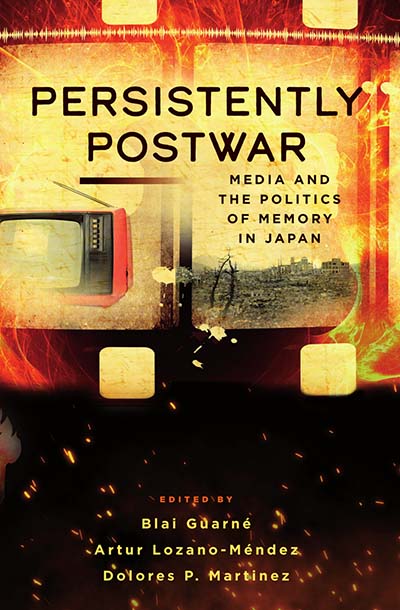 Published March 2019
Published March 2019 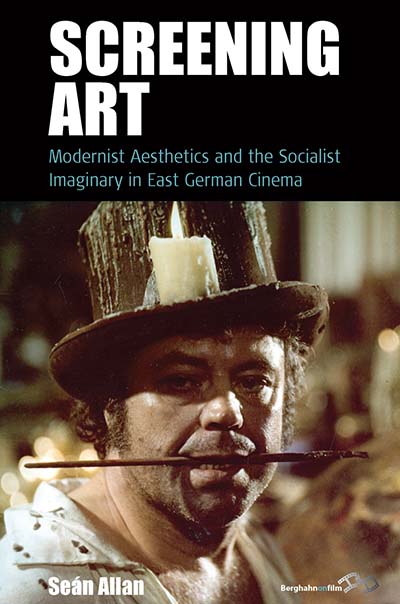 Published February 2019
Published February 2019 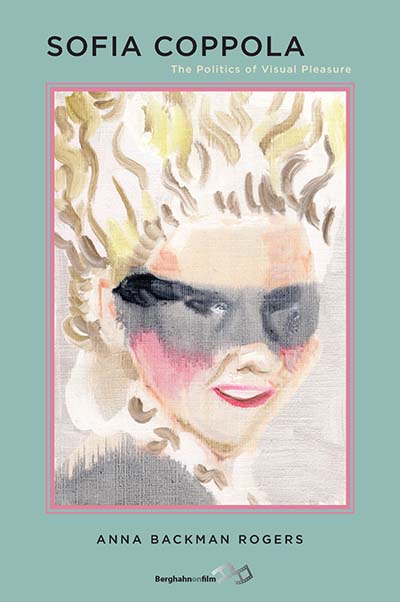 Published November 2018
Published November 2018 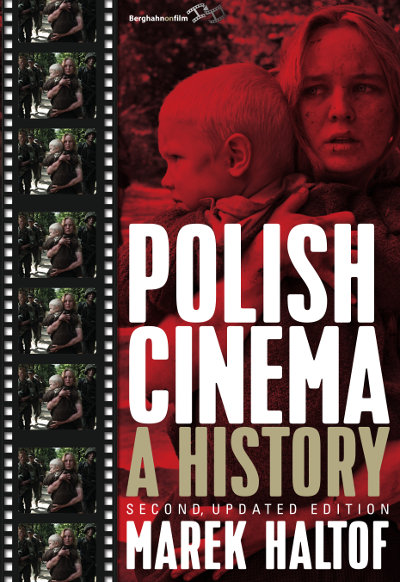 Published October 2018
Published October 2018 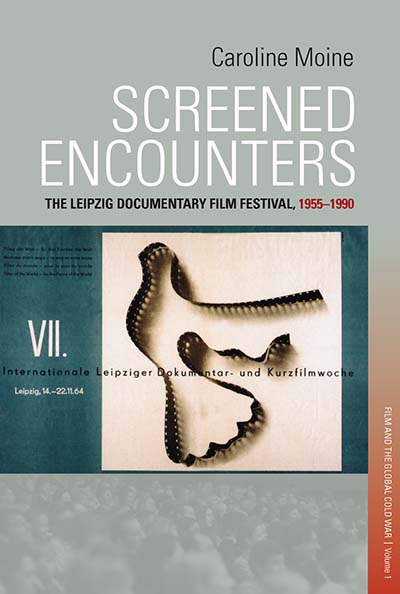 Published September 2018
Published September 2018 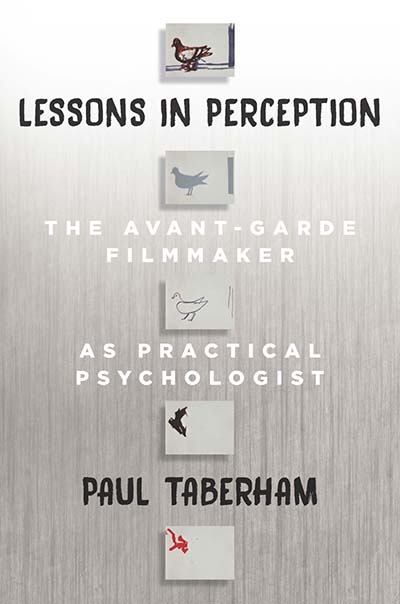 Published June 2018
Published June 2018 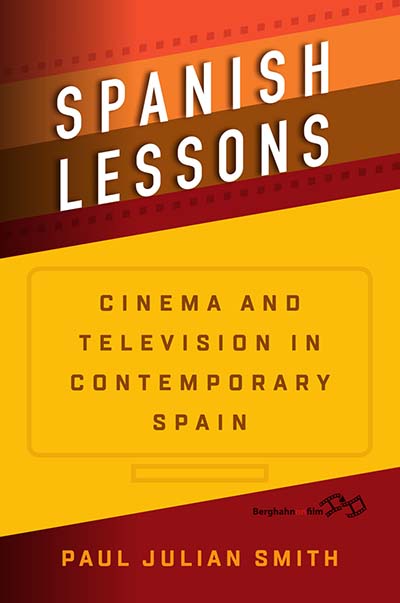 Published September 2017
Published September 2017 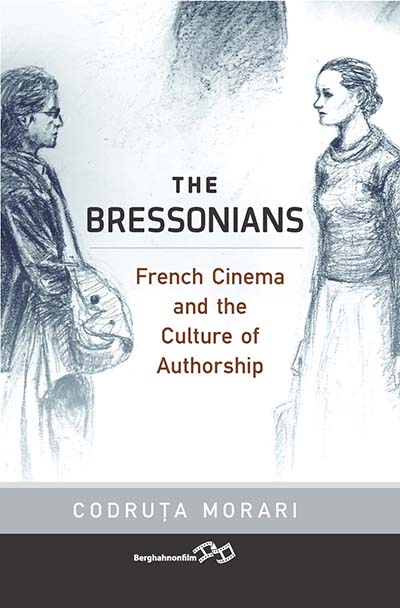 Published July 2017
Published July 2017 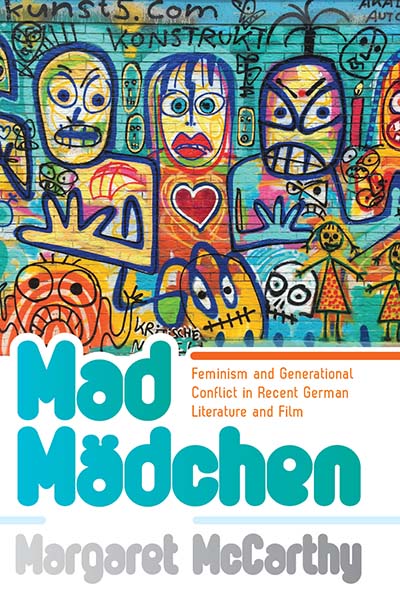 Published July 2017
Published July 2017 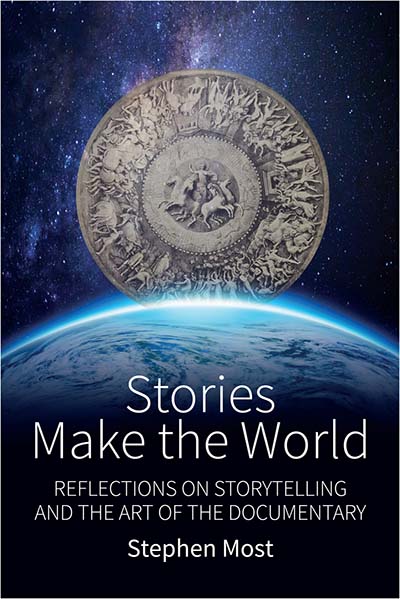 Published June 2017
Published June 2017 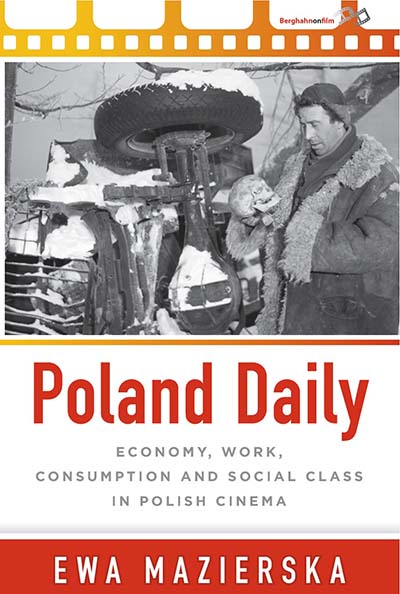 Published June 2017
Published June 2017 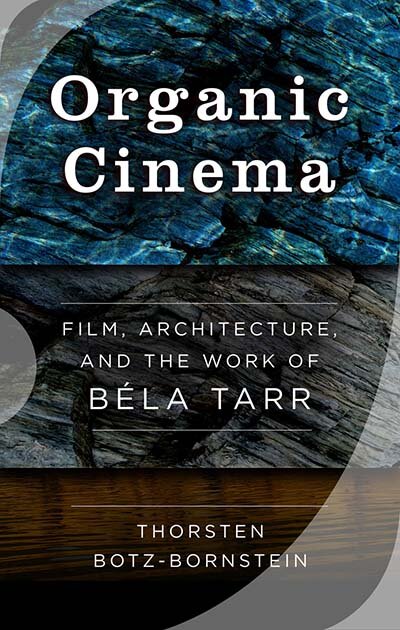 Published June 2017
Published June 2017 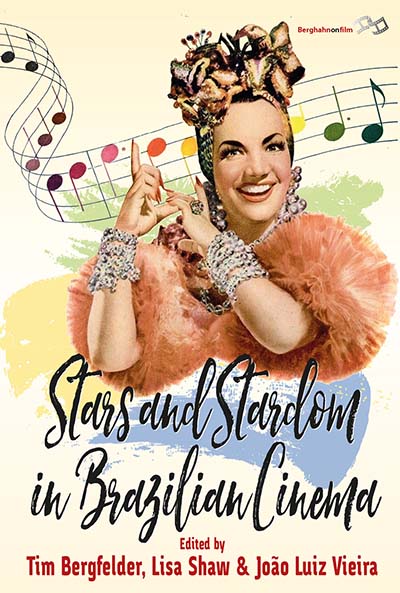 Published December 2016
Published December 2016 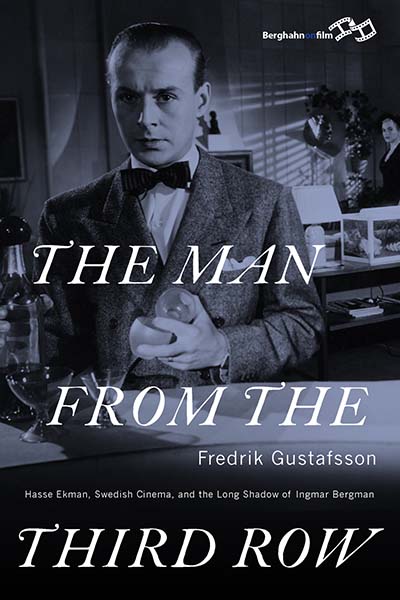 Published October 2016
Published October 2016 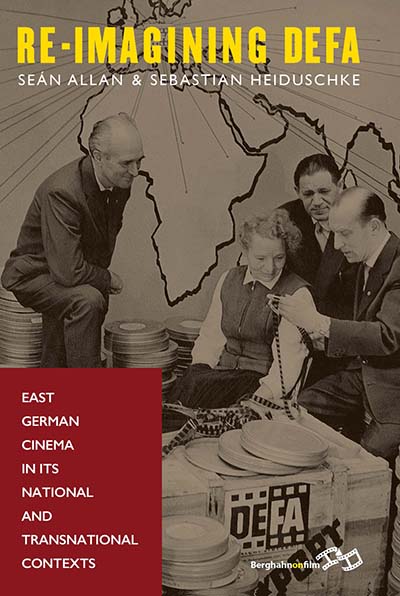 Published September 2016
Published September 2016 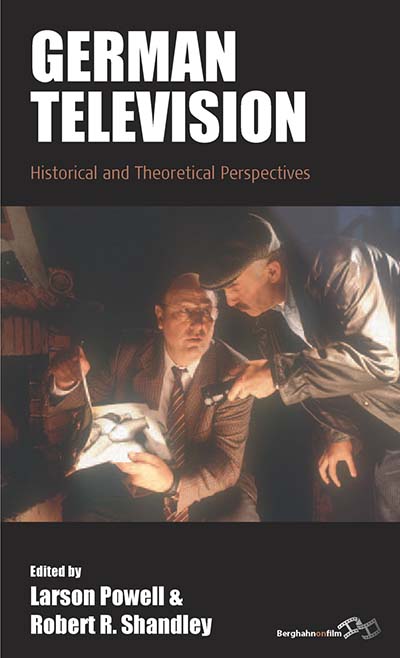 Published August 2016
Published August 2016 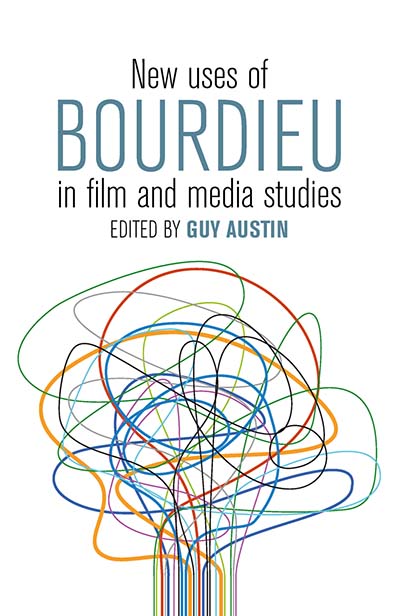 Published July 2016
Published July 2016 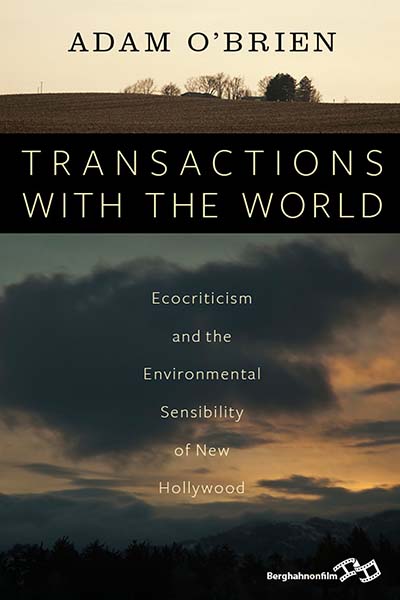 Published February 2016
Published February 2016 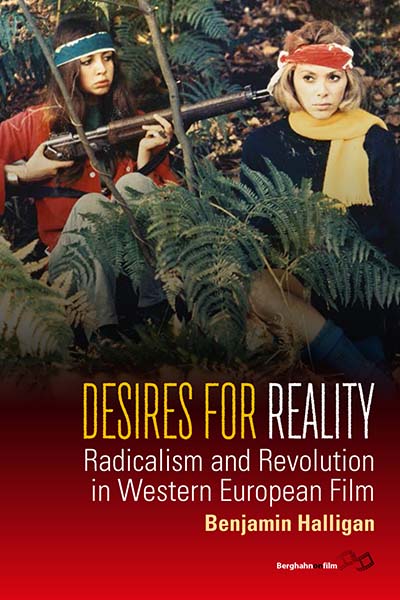 Published February 2016
Published February 2016 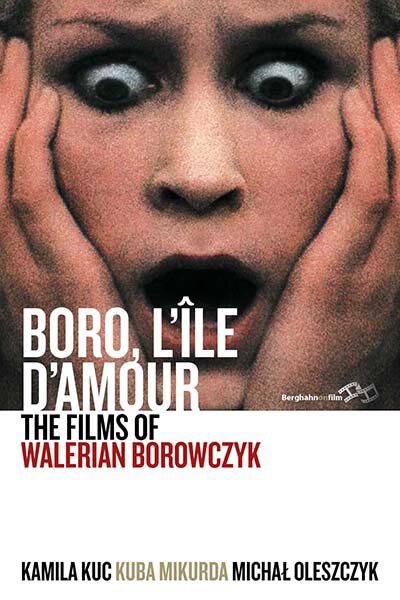 Published August 2015
Published August 2015 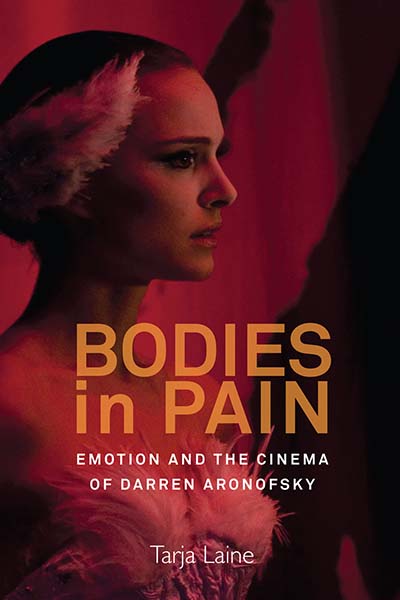 Published February 2015
Published February 2015 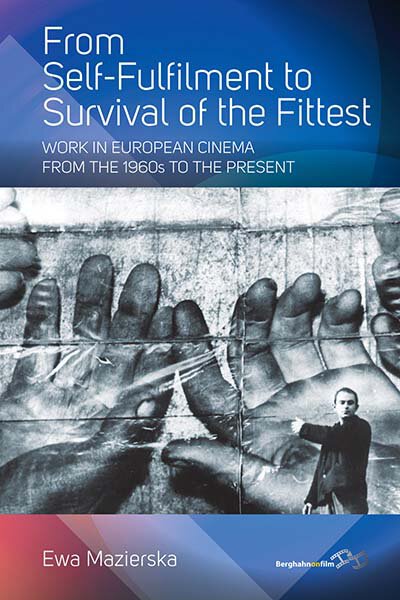 Published January 2015
Published January 2015 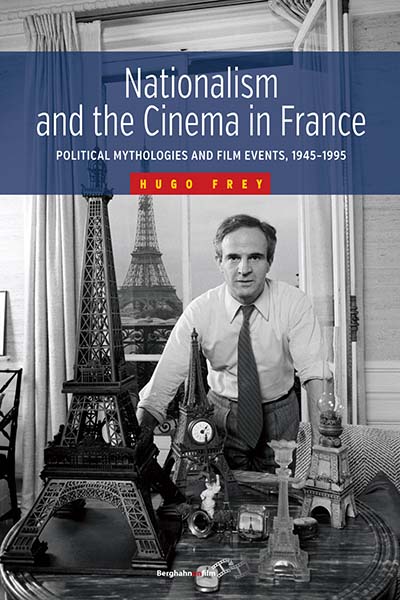 Published July 2014
Published July 2014 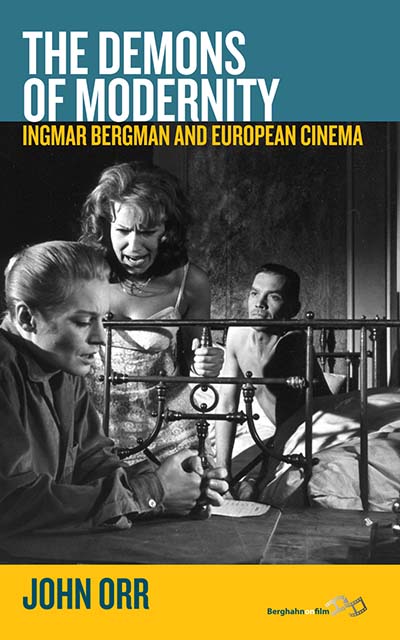 Published March 2014
Published March 2014 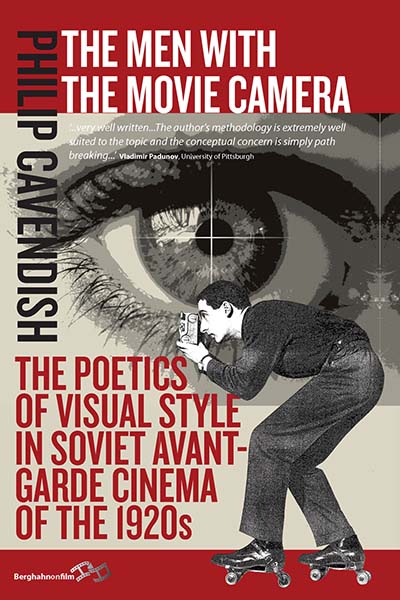 Published December 2013
Published December 2013 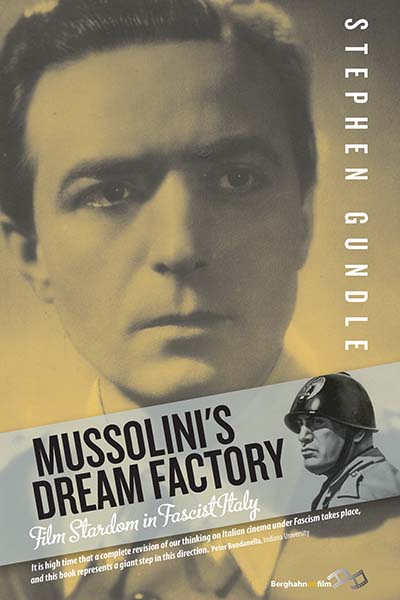 Published December 2013
Published December 2013 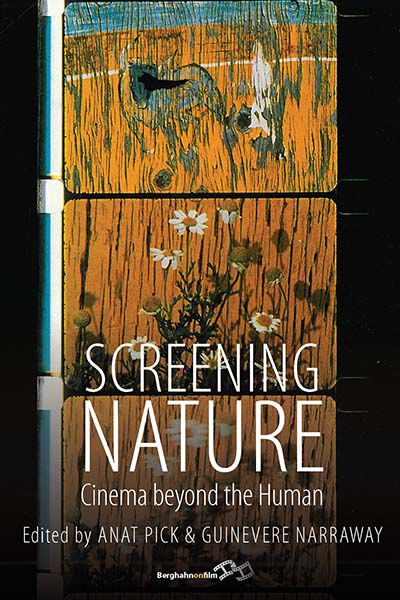 Published November 2013
Published November 2013 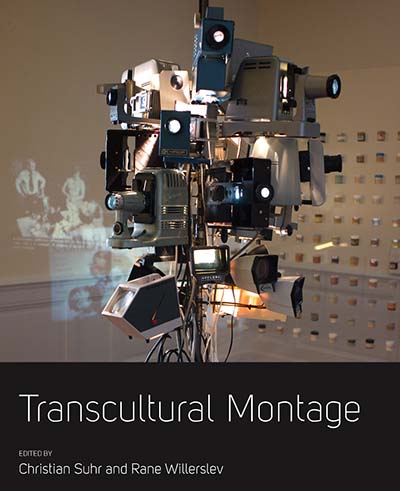 Published October 2013
Published October 2013 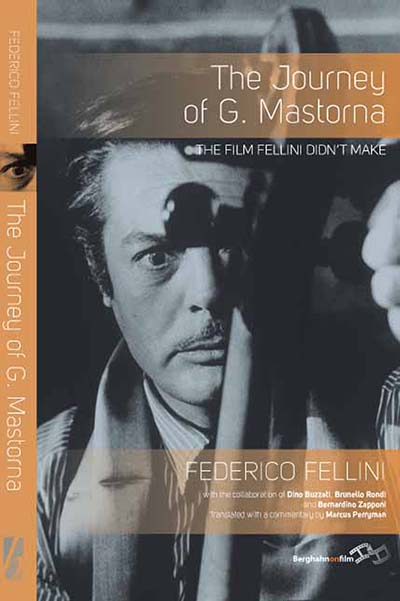 Published August 2013
Published August 2013 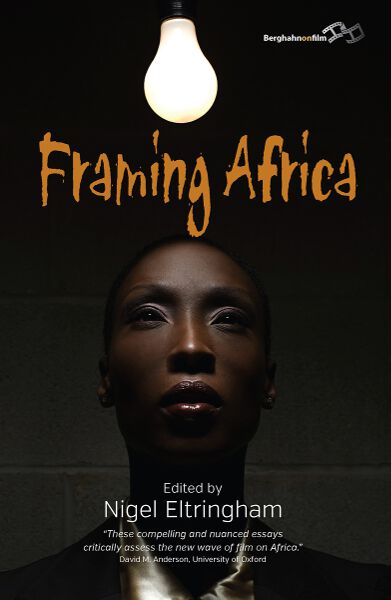 Published June 2013
Published June 2013 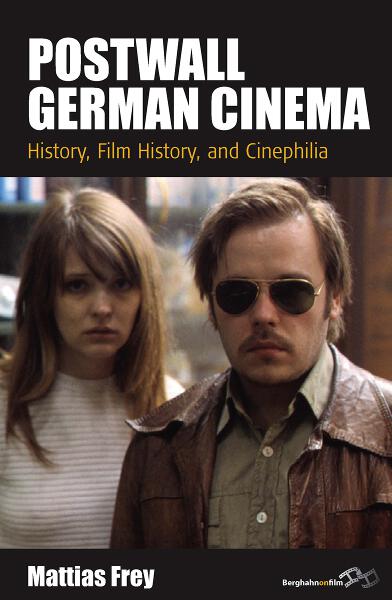 Published May 2013
Published May 2013 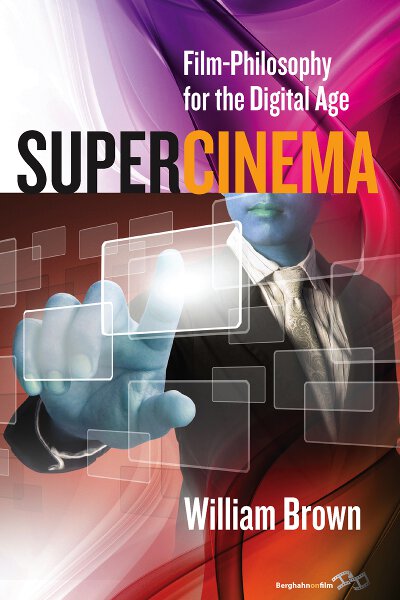 Published May 2013
Published May 2013 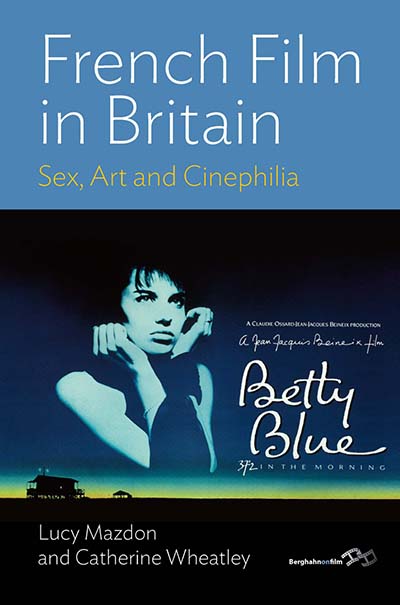 Published March 2013
Published March 2013 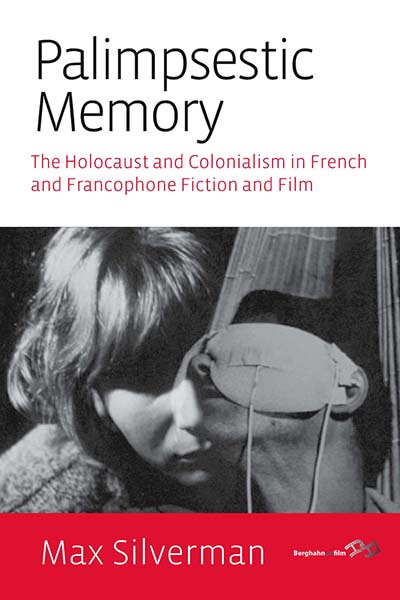 Published February 2013
Published February 2013 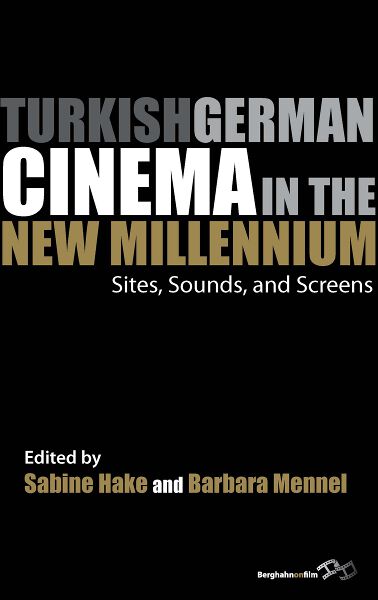 Published October 2012
Published October 2012 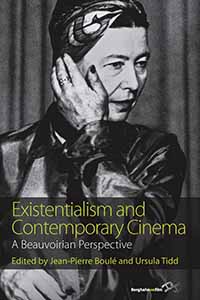 Published September 2012
Published September 2012 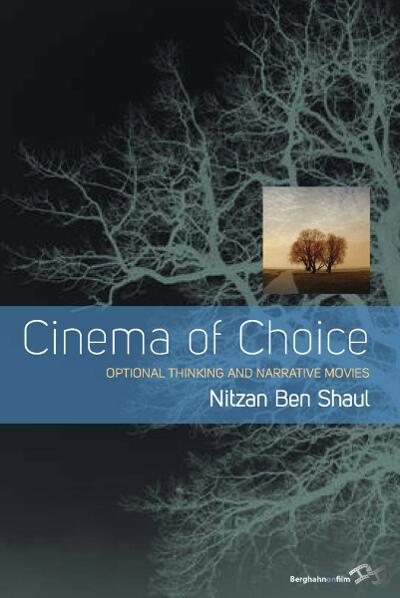 Published July 2012
Published July 2012 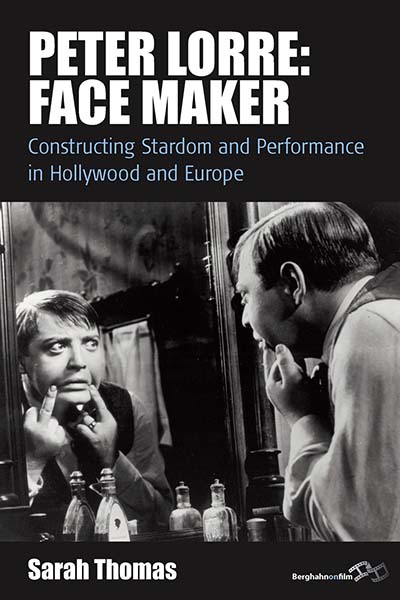 Published February 2012
Published February 2012 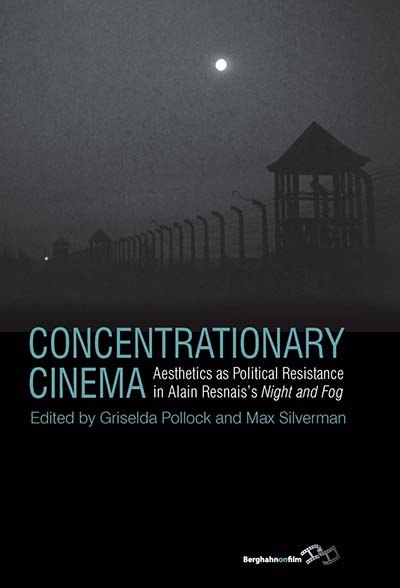 Published January 2012
Published January 2012 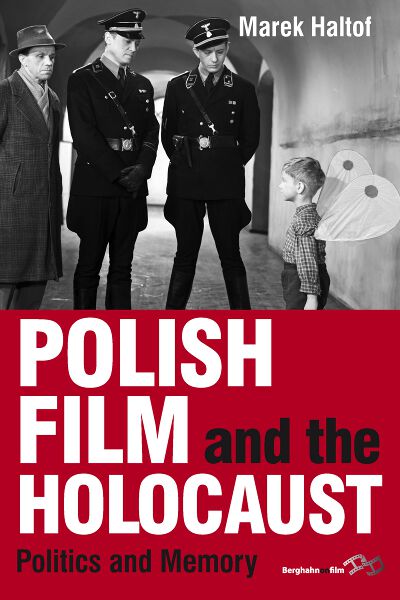 Published January 2012
Published January 2012 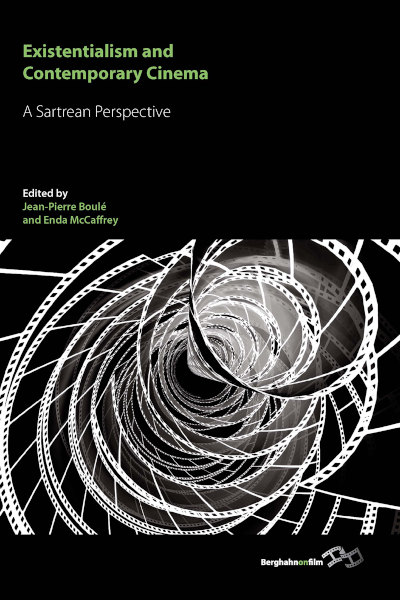 Published October 2011
Published October 2011 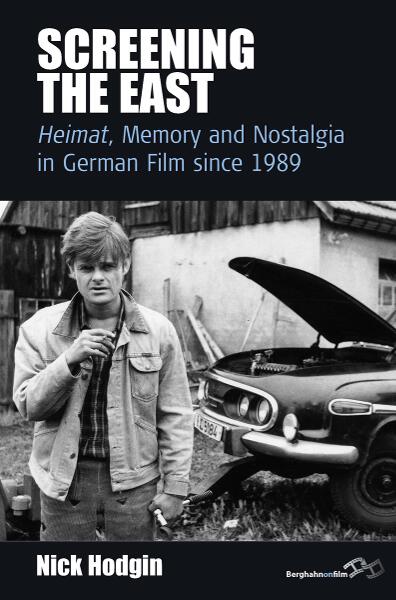 Published May 2011
Published May 2011 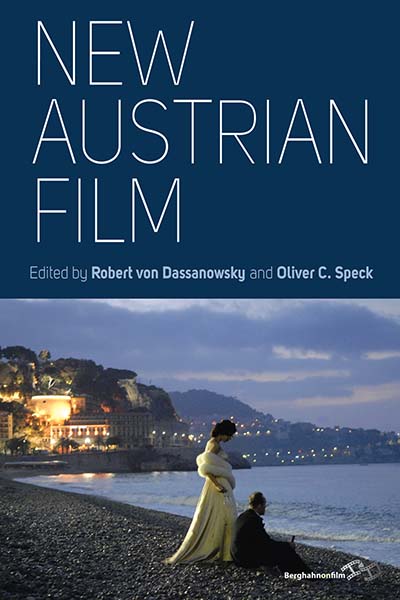 Published April 2011
Published April 2011 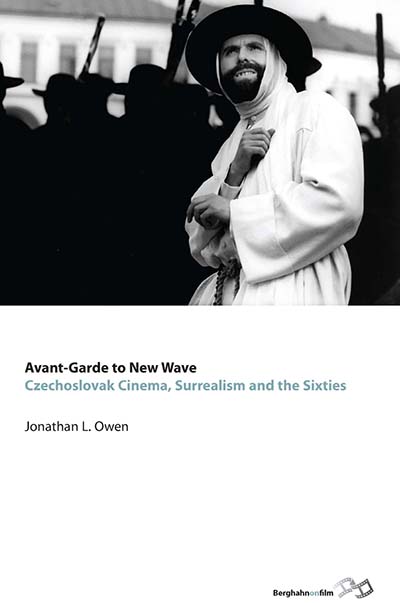 Published February 2011
Published February 2011 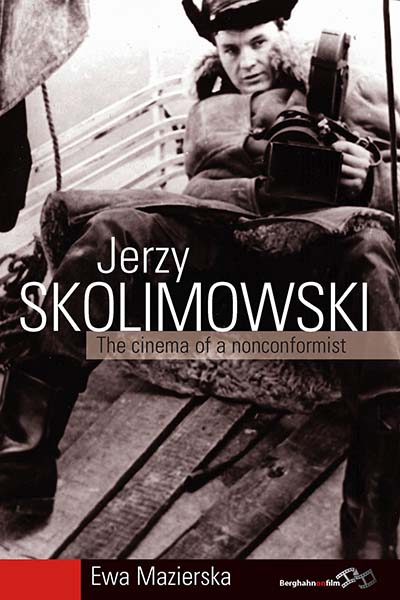 Published March 2010
Published March 2010 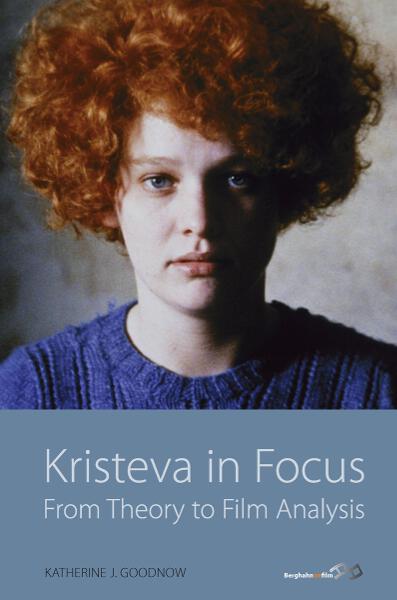 Published January 2010
Published January 2010 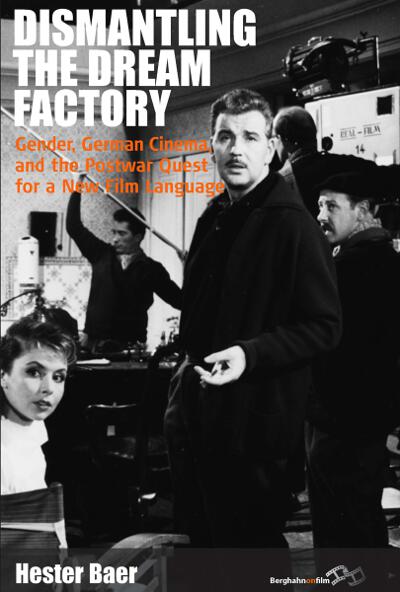 Published September 2009
Published September 2009 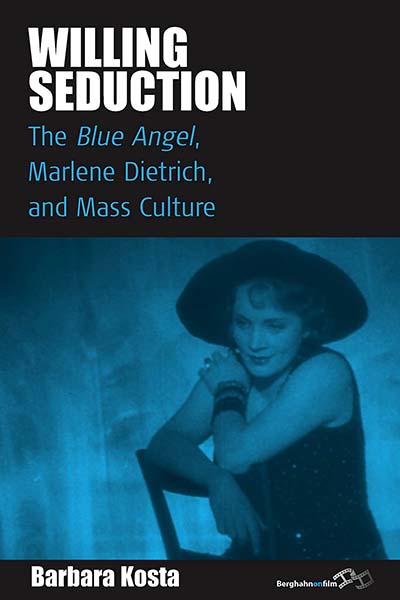 Published May 2009
Published May 2009 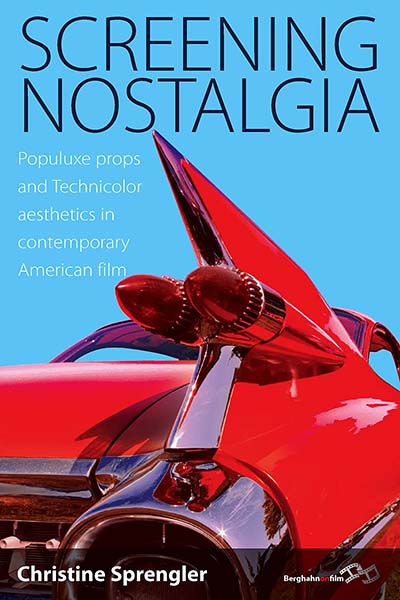 Published January 2009
Published January 2009 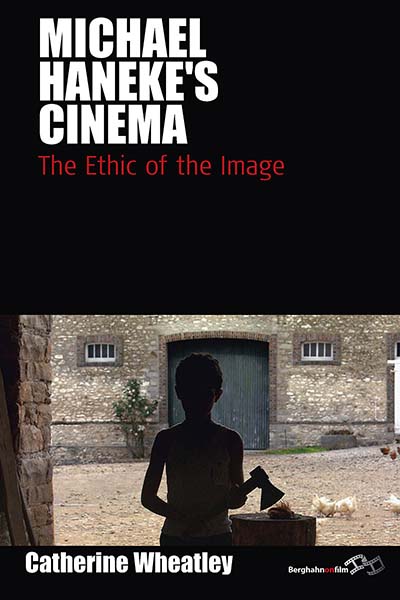 Published January 2009
Published January 2009 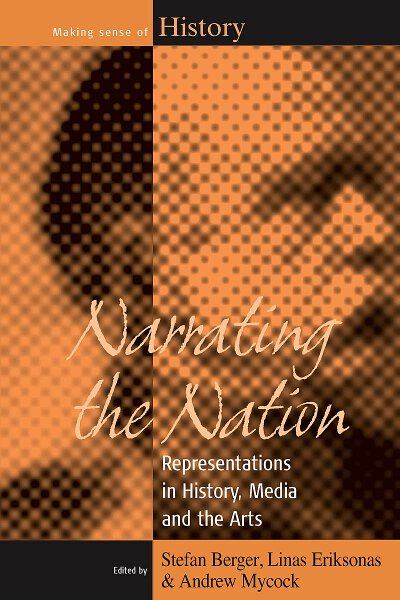 Published October 2008
Published October 2008 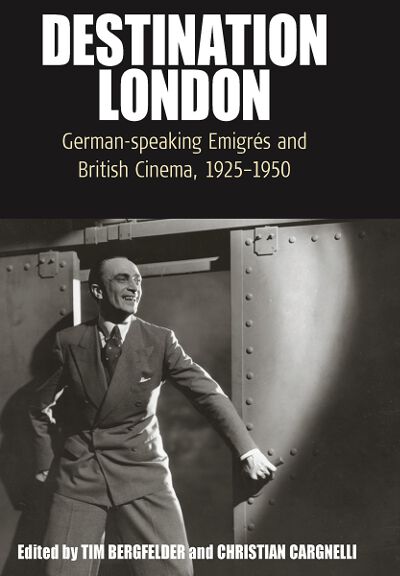 Published August 2008
Published August 2008 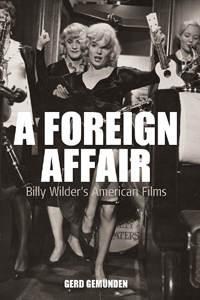 Published April 2008
Published April 2008 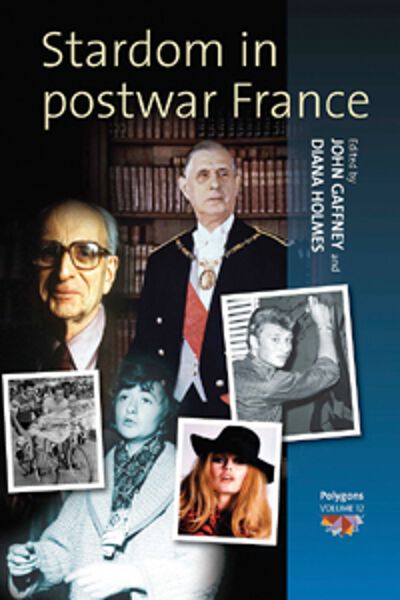 Published February 2008
Published February 2008 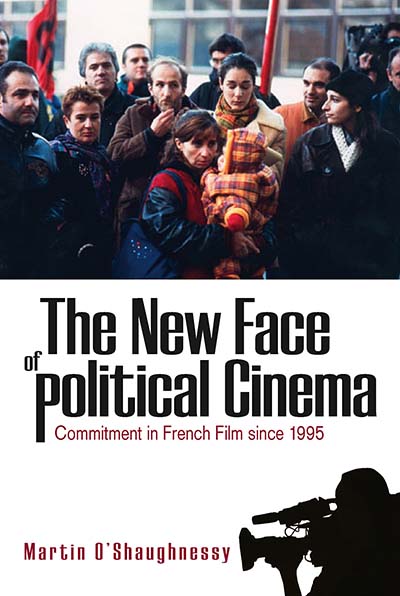 Published January 2008
Published January 2008 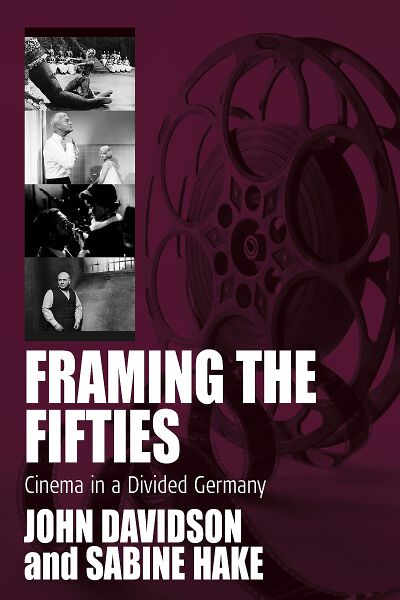 Published July 2007
Published July 2007 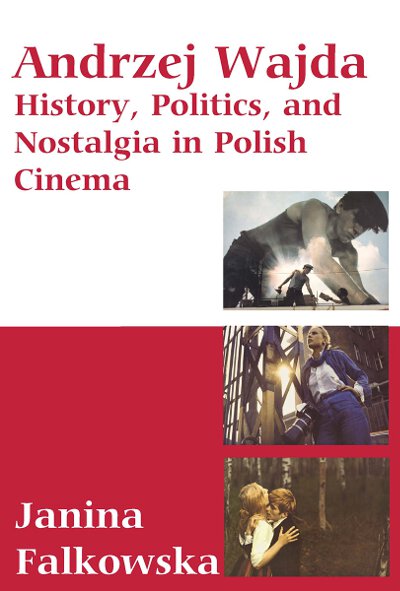 Published December 2006
Published December 2006